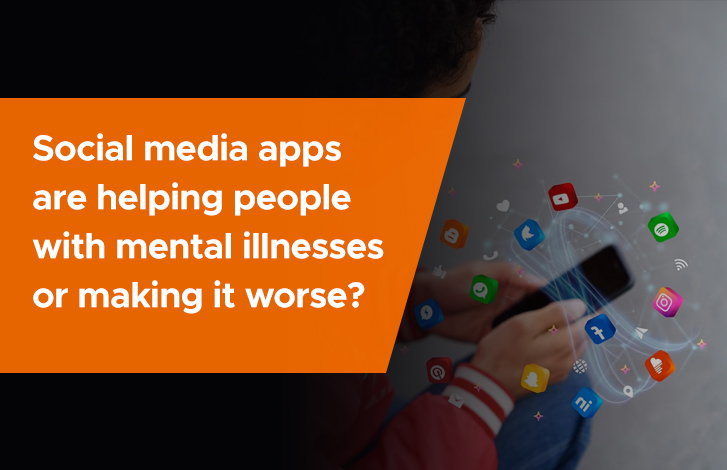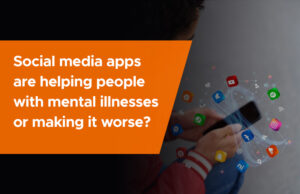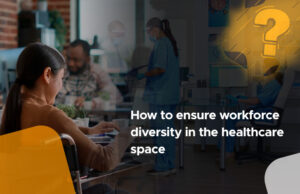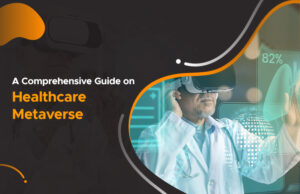Social media use is the perfect example of a two-edged sword. With so many positive and negative consequences, we must examine the relationship between social media and mental health.
While posting on Facebook, Instagram, TikTok, and Twitter can be entertaining and seem like a harmless way to interact with others, there’s frequently more to the story.
Social media can indeed be educational, possibly calming, and even a much-needed escape from the pressure and stress of daily life, but anything in excess can be harmful. We don’t talk about excessive social media use enough, but it can cause chronic stress, depression, and anxiety.
Continue reading to learn how to use social media in a balanced way that allows you to reap the benefits while minimizing, if not eliminating, any potential drawbacks.
What Effect Do Social Media Have on Mental Health?
Is social media harmful to one’s mental health? Yes, it can be for some people, in a nutshell. However, how social media affects mental health depends entirely on the individual. It may improve mental health in some people.
Anxiety, stress, and depression have all been shown to be reduced by human connection. Socializing teaches us how to navigate and cope with life’s challenges, boosts self-esteem, and keeps us from feeling lonely while increasing joy and happiness.
Today, many people use social media sites like Facebook, YouTube, Twitter, and others to connect and build relationships. Face-to-face interactions still outweigh digital connections, although they are frequently enjoyable and beneficial.
Ironically, given the platform’s name, using social media excessively can promote loneliness and seclusion. Recent research indicates that it can aggravate pre-existing mental health issues such as depression and anxiety. These harmful effects are particularly likely to affect young adults.
A University of Pennsylvania study found that limiting social media use to 30 minutes a day can significantly improve well-being. The study showed that students who limited their use of Facebook, Instagram, and Snapchat for three weeks significantly reduced loneliness and depression.
It’s time to reevaluate your relationship with social media if you spend a lot of time there and notice that your feelings of loneliness, sadness, frustration or general unhappiness have grown. To achieve a healthy balance, alter how, when, and how much you use social media by using the information and suggestions we’ve given here.
The Positive Aspects of Social Media
Social media has its benefits. As previously stated, when used appropriately, it can positively impact mental health for some. Although virtual social interactions are not as psychologically beneficial as face-to-face interactions, they can still help us stay connected with loved ones, ultimately increasing well-being.
Some other advantages of social media include:
- Keeping in touch with family and friends, even if they live far away
- Increasing public awareness of important causes and issues
- Networking with people who share your goals and interests
- Sharing your opinions
- Providing a platform for others to promote and display their creative efforts
- Finding emotional support during difficult times
- Making new friends and meeting new people
- Learning useful information and conducting research
- Marketing a company or brand
- Expanding your reach
Social media can also ensure that people living in remote areas have access to vital societal connections and information that they might not otherwise have. So, while it’s not all bad, there is a darker side that we must also investigate.
The Negative Effects of Social Media
Despite its numerous benefits, social media has distinct and often severe drawbacks. When considering how social media affects mental health, it’s critical to consider both sides and thoroughly examine the negative aspects.
“There is a valid reason social media is linked to depression and loneliness. We live in a time when many people spend countless hours a day online strolling through the timeline of others with envy, regret, and little appreciation for their own life.” ― Germany Kent
Why is social media harmful? Spending too much time on social media can lead to a vicious circle. When you are depressed, lonely, stressed, or anxious, you may use social media more frequently. You may believe (or convince yourself) that it is assisting you, making you happy, providing entertainment, and making you feel more connected.
Excessive social media use, on the other hand, can lead to feelings of dissatisfaction, isolation, and inadequacy. These feelings, in turn, may cause or exacerbate anxiety, stress, and depression—the very feelings you may be attempting to avoid in the first place.
Some people feel compelled to spend even more time on social media as symptoms worsen, perpetuating a vicious cycle. The following are examples of adverse social media effects on mental health.
- Fear of missing out (FOMO)
- Self-absorption
- Body Image Issues
- Depression and anxiety
- Cyberbullying
Minimizing the Negative Impact of Social Media
If we allow it, social media and mental health can harm all of us. Everyone should be aware of it. If it becomes a problem, it can then be addressed immediately. You can take several proactive steps to ensure that your time spent on social media is as healthy as possible.
Consider the following suggestions if you’re wondering how to improve your mental health through social media and technology.
Limit Social Media Use
To track how much time, you spend each day on social media, download an app or use the tracking function on your phone. Most people are shocked by how much time they spend scrolling.
Power Off Devices
When you’re driving, exercising, in a meeting for work, having dinner, playing with your kids, at school, or socializing with friends, turn off your cell phone and other devices. Leave all electronics off and charging overnight outside of your bedroom.
Turn Off Notifications
You’ll be much less distracted if you disable social media notifications during the day. It can be difficult to resist checking when you hear beeping, dinging, buzzing, or ringing alerting you to the newest posts, replies, or activities.
Conclusion
Social media apps have some significant advantages for users, but the disadvantages outweigh the advantages. Social media app use should be limited for all individuals, regardless of age, because these apps can cause severe mental illnesses and make people mentally sick and retarded. As a result, everyone should limit their screen time and engage in more healthy activities.







